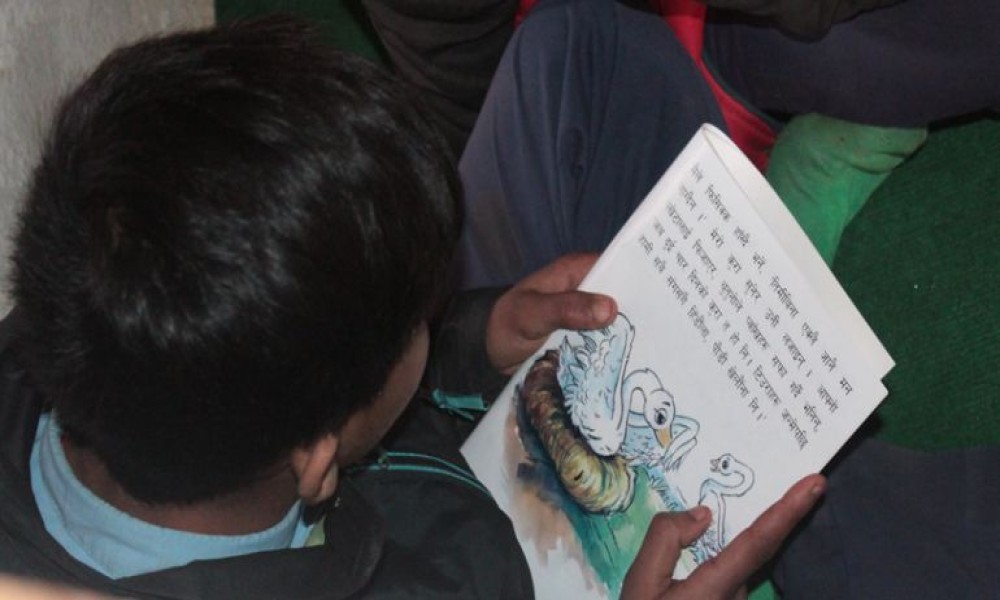Biplav Dhakal and Aadesh Karki
British historian Thomas Babington Macaulay is known for dividing the world between two groups of nations: civilised and barbaric.
For him, Great Britain was the most civilised nation on the earth while third-world countries like India were purely barbaric. In his 1835 speech, known as Minute on Indian education, he floated the idea of promoting English as a medium of teaching and learning across the Indian subcontinent at the expense of pushing Sanskrit to the brink of extinction. His idea was simple: if Great Britain were to colonise India – a nation steeped in oriental culture and values, its education system needs to be based in English values.
Inspired by Macaulay’s idea, the East India company promoted English and ruled India for almost a century.
If we import a foreign language, we do not just import it. We also import the culture in which that foreign language is spoken. we have imitated the Westerners in celebrating birthdays.
How Great Britain promoted English to tighten its colonial grip on India shows language is not just a medium of communication. It is much more than that. A language is intrinsically related to the cultures and beliefs of the society, in which it is spoken.
If we import a foreign language, we do not just import it. We also import the culture in which that foreign language is spoken. For example, we have imitated the Westerners in celebrating birthdays. We wish ‘happy birthdays’ to our friends and family members. But with ‘happy birthday’, we have also imported the western culture of cake and candles. When we wish someone a ‘happy birthday’, we would be subconsciously hoping to get a piece of cake, or chocolates. This is not part of our culture. In our culture, when we extend our best wishes to someone on her birthday, we would not be expecting anything.
In Tihar, we go around and celebrate the festival by starting Deusi with a unique Nepali line: Bhan Bhan Bhai ho! If we translate it into English ‘say, say brother!’, it sounds not just inappropriate, but utterly ludicrous. Deusi has to be played in the language in which it originated.
Language is not just a medium of communication, but it is a vehicle of our culture. Therefore, Maghauta cultural dance does not exist if Tharu language dies. Similarly, Tamang selo will not survive if Tamang language ceases to exist.
The theory of linguistic relativity tells us that language shapes our consciousness. How we live and experience our society can be expressed only through our own language, not through foreign languages. For example, we translate the English word ‘discipline’ into the Nepali word ‘Anushasan’. But ‘Anushasan’ is not the exact translation of ‘discipline’. While ‘discipline’ implies punishment, ‘Anushasan’ implies self-awareness to not cross the limits. We can never really translate ‘discipline’ in Nepali.
The afore-mentioned examples prove two points: a) our language influences our world view, and b) language is not just a medium of communication, but it is a vehicle of our culture. Therefore, Maghauta cultural dance does not exist if Tharu language dies. Similarly, Tamang selo will not survive if Tamang language ceases to exist.
In other words, protecting a language means protecting the culture associated with it. Such interrelations between language and culture show why it is important to preserve Nepal’s diverse mother tongues.
Biplav Dhakal and Aadesh Karki are students of Kathmandu School of Law. This is an unofficial translation of parts of an article written by them, and originally published on www.ratopati.com









